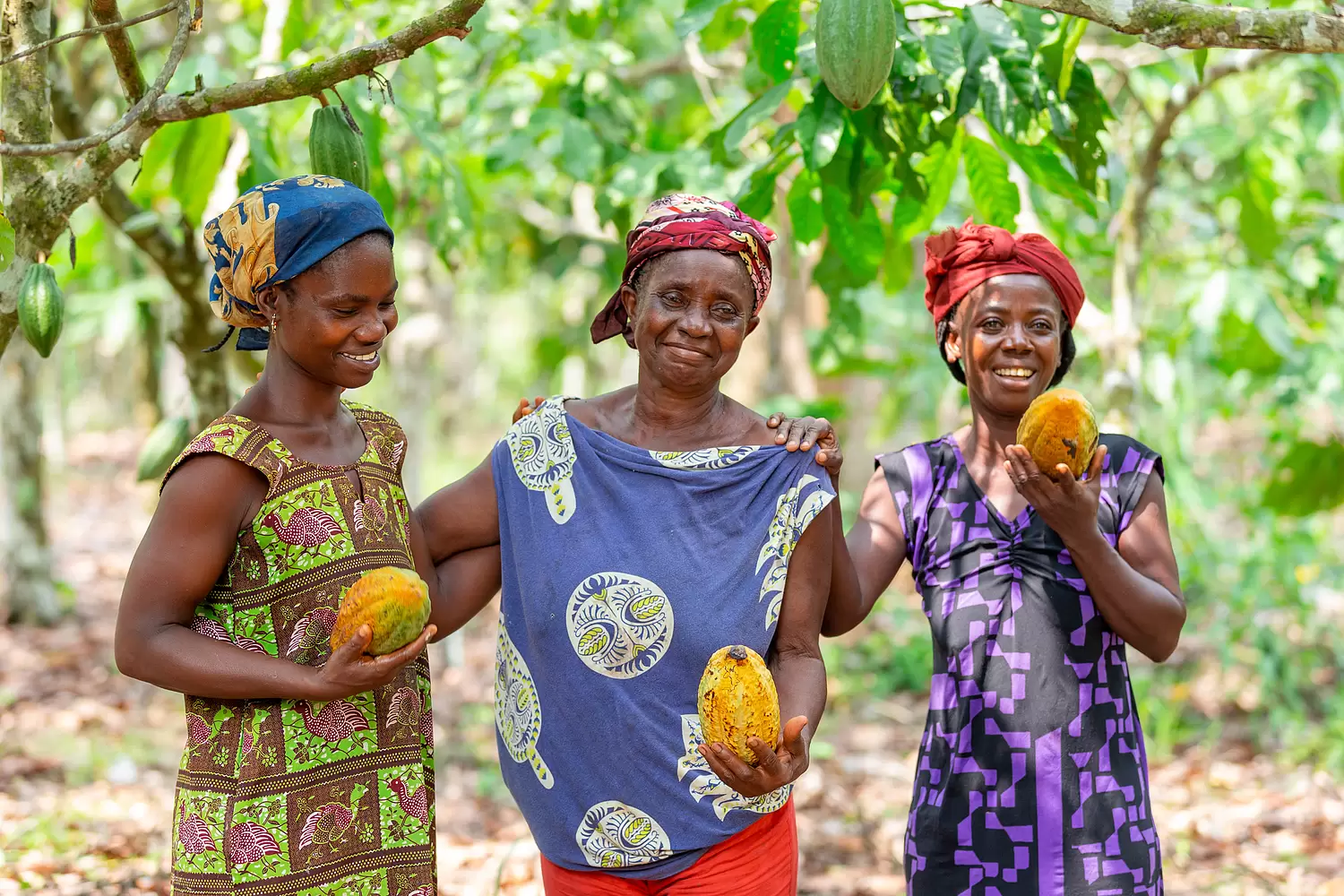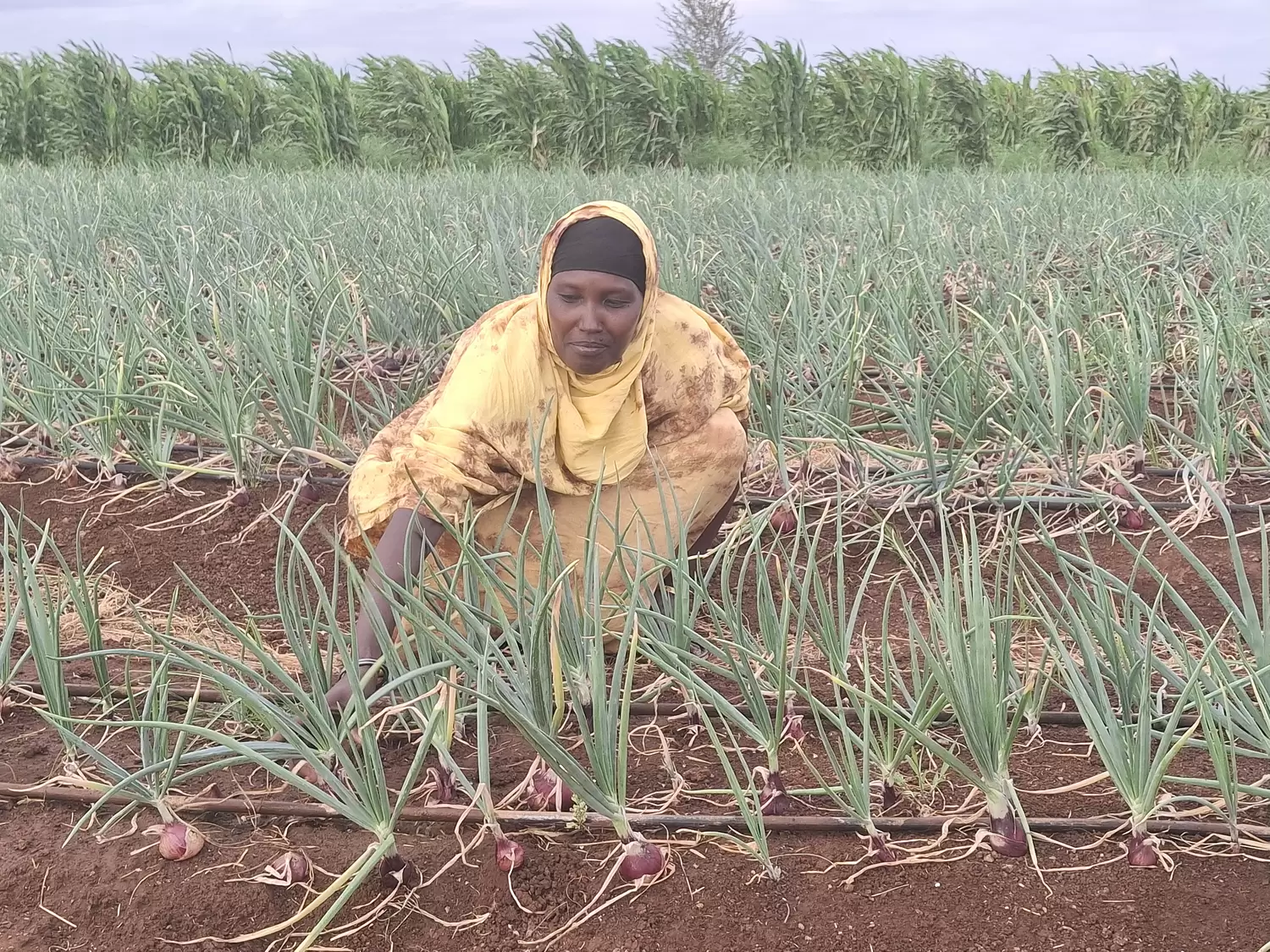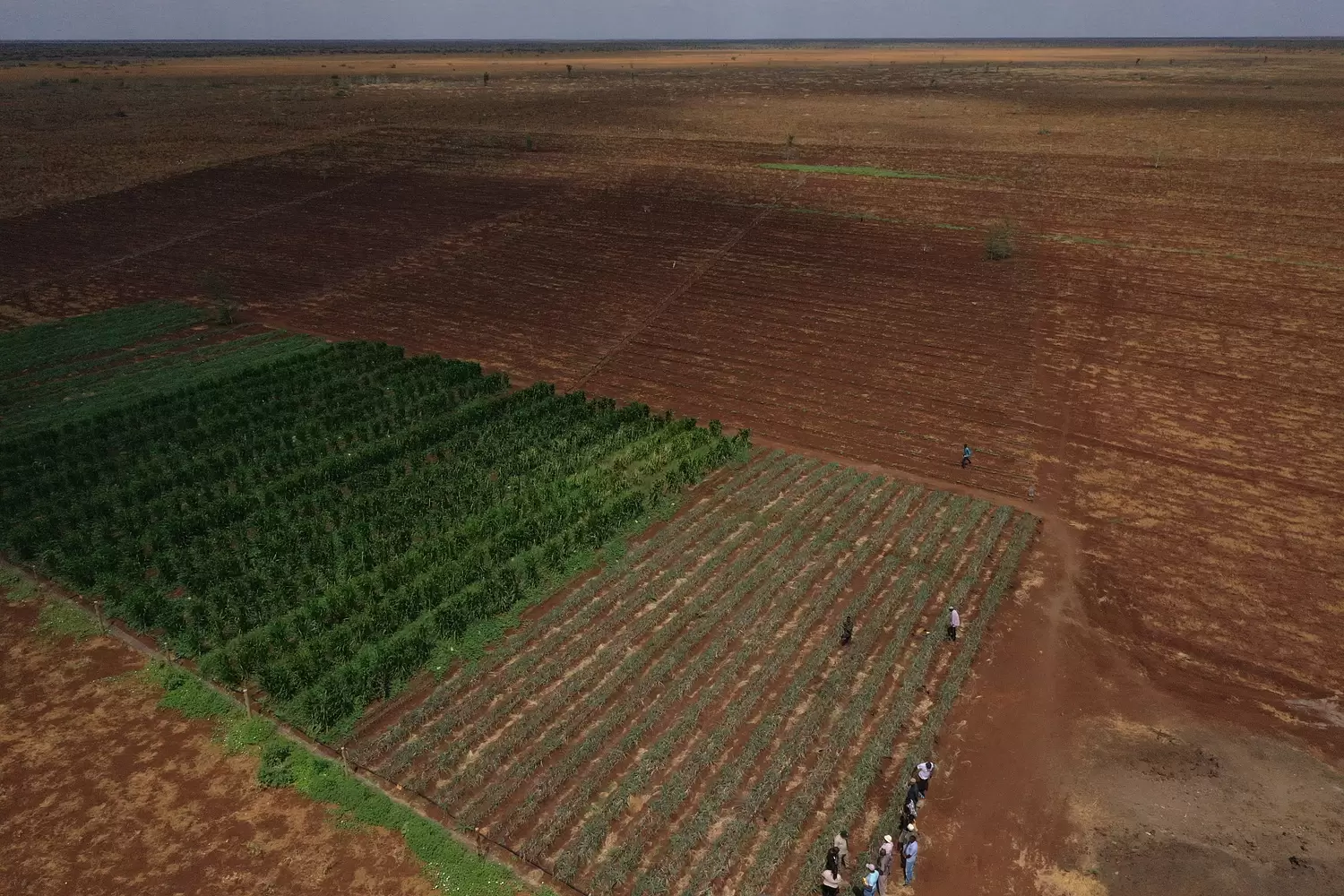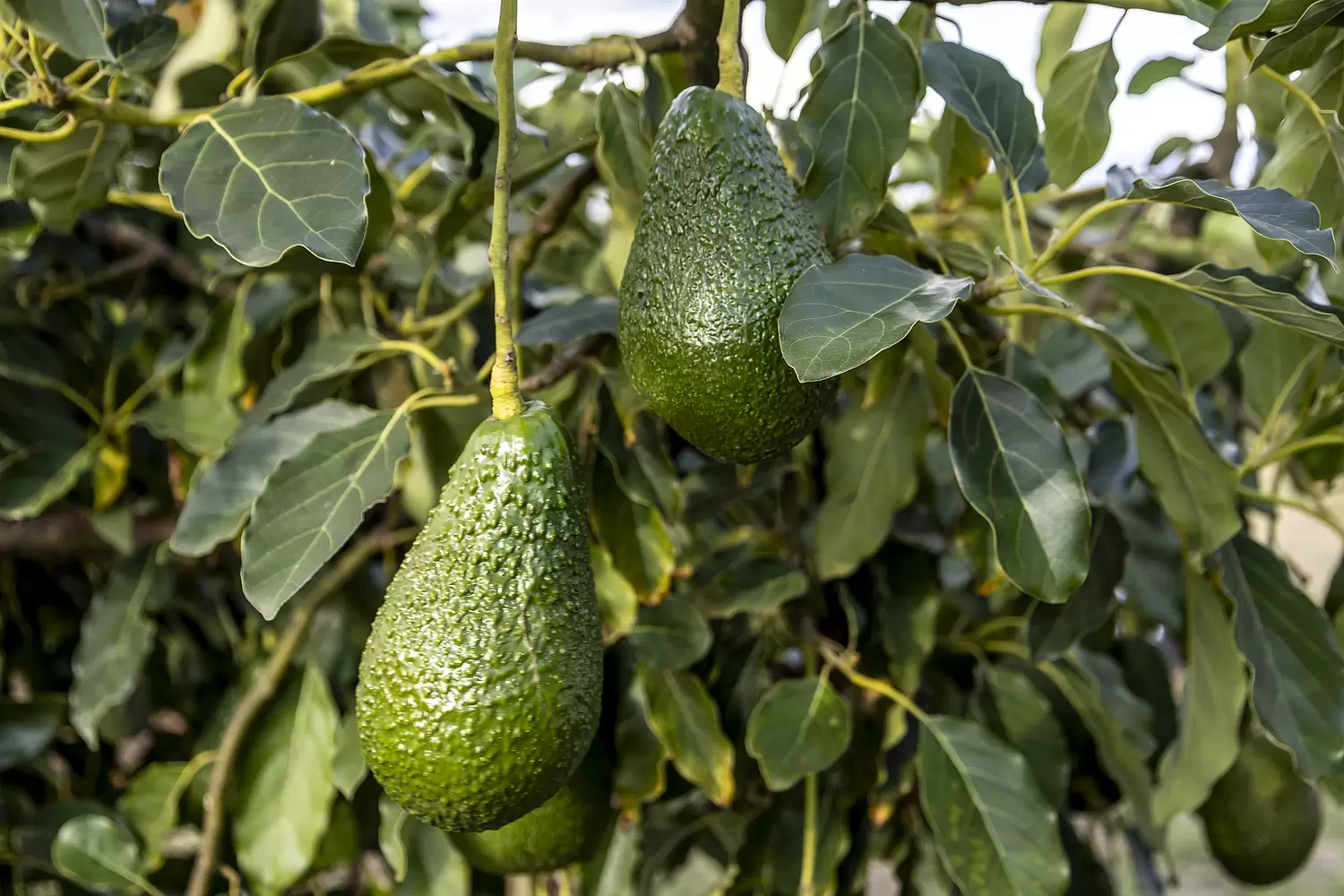The WWF is run at a local level by the following offices...
- WWF Global
- Adria
- Argentina
- Armenia
- AsiaPacific
- Australia
- Austria
- Azerbaijan
- Belgium
- Bhutan
- Bolivia
- Borneo
- Brazil
- Bulgaria
- Cambodia
- Cameroon
- Canada
- Caucasus
- Central African Republic
- Central America
- Central Asia
- Chile
- China
- Colombia
- Croatia
- Democratic Republic of the Congo
- Denmark
- Ecuador
- European Policy Office
- Finland
Africa faces an unprecedented food and nutrition security crisis, with an estimated 140 million people facing acute food insecurity. Despite this, more than 50% of the workforce are in the agriculture sector and it contributes between 15% and 50% of national Gross Domestic Products (GDPs). However, agriculture is responsible for over 80% of deforestation and conversion worldwide and unsustainable agricultural practices are causing a decline in the quality of resources (soil, water and air). In Africa, expansion by smallholder farmers is problematic but, with Africa’s population expected to grow from ~1.4 to ~2.5 billion by 2050, pressure to convert natural habitat into agricultural land is increasing; compunded by the fact current economic models are failnig to acknowledge the importance of nature to biodiversity, carbon sequestration and other ecosystem services that support healthy lives.
Conservation of natural resources must play a fundamental role in a just and equitable transitions of African's food and agricultural systems. The Africa's Food Future initiative provides a strategic pathway and interventionst to transition to nature-positive food systems that can nourish everyone.
The three key issues to address:
-
Conversion of natural habitats and competition for resources (e.g. land, water) between humans and wildlife
-
Harmful production methods which are depleting soils and reducing agricultural productivity
-
Inefficient and unsustainable value chains exacerbated by a lack of market linkages for producers and few incentives for value chain actors to invest in sustainable practices.
The Africa Food Futures Initiative (AFFI) strategy provides a high-level framework that is being locally adaptable and implemented in East Africa, Southern Africa and the Congo basin and associated transboundary landscapes.
This initiative fills a critical gap by supporting farmers in areas that are often not reached by government agricultural investment projects and extension services or development organisations.
We are working to deliver three outcomes:
Support the doubling of the area sustainably managed , through agroecology and nature-positive agriculture approaches improving productivity, resilience, and biodiversity.
Support governments and communities to balance conservation and food production, build capacity, and pilot integrated land and water use models. Activities include policy-influencing research, farmer capacity building, piloting agroecological practices, and advocating for enabling policies.
Strengthen sustainable value chains by promoting responsible sourcing including strengthening capacities for deforestation free value chains, building awareness among actors, testing incentive models, and fostering supportive policies, thereby increasing incomes while reducing environmental impacts.

partnerships for co-creation and scaling

equity and inclusion to ensure women, youth and Indigenous Peoples benefit

resilience to adapt to climate and other shocks

advocacy to create enabling policy environments